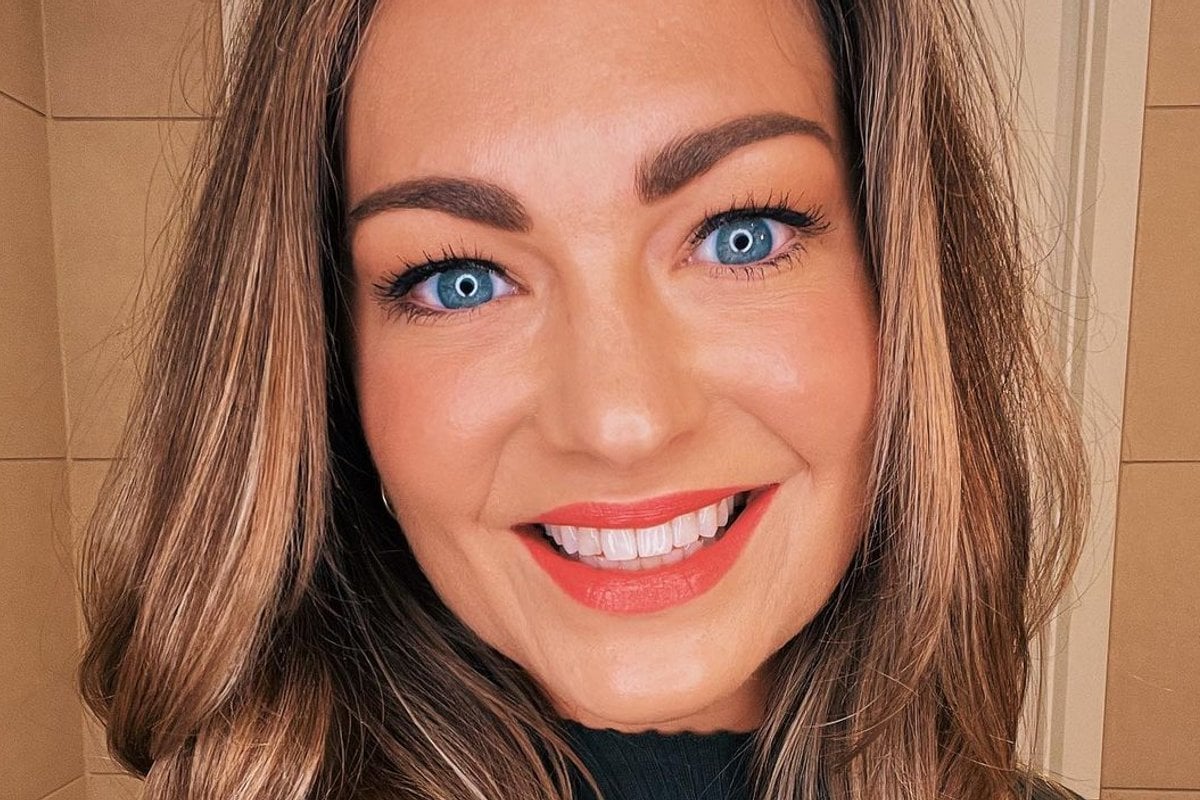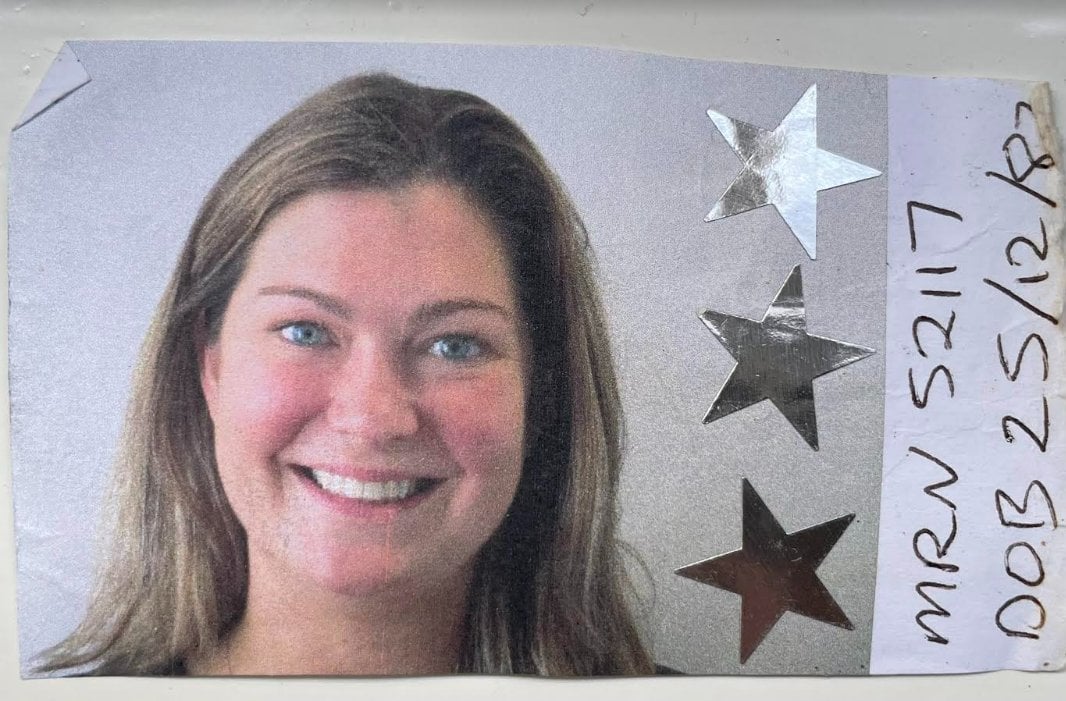
Content warning: This story includes discussion of suicide that may be distressing to some readers.
Three years ago on this day, I walked through the doors of a treatment facility located on the Northern Beaches of Sydney, a broken human.
My mind was foggy, and the leftover stale taste of cigarettes permeated my mouth. Was last night’s bottle (or two) of red wine really the last drop of alcohol I would ever consume? At this point I wasn’t so sure.
I’d agreed to go to rehab in the hopes that I would learn how to "drink like a lady", because a life of complete abstinence wasn’t something I was ready to accept.
As I sat on the end of the hospital bed watching the nurse search through my belongings for what I assumed must be concealed alcohol, or anything I could use to harm myself, I pondered the question, "How did I get here?"
Last week I was working my executive job at one of the world’s largest beauty organisations, and now I’m handing my life over to the care of a medical team who will be monitoring my every move for the next three weeks.
On one hand, the contrast seemed sudden and shocking, but if I’m to be completely honest with myself, I hadn’t been well for a really long time.
The problem was, I’d become a such a master at wearing a mask and projecting to the world that everything was fine, that I couldn’t even see the signs myself. I’d spent the best part of two decades hiding behind a smile, until finally it all came crashing down.

